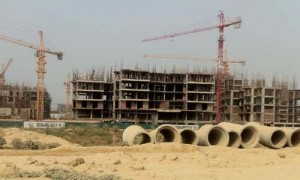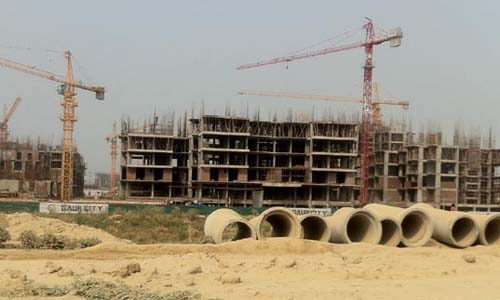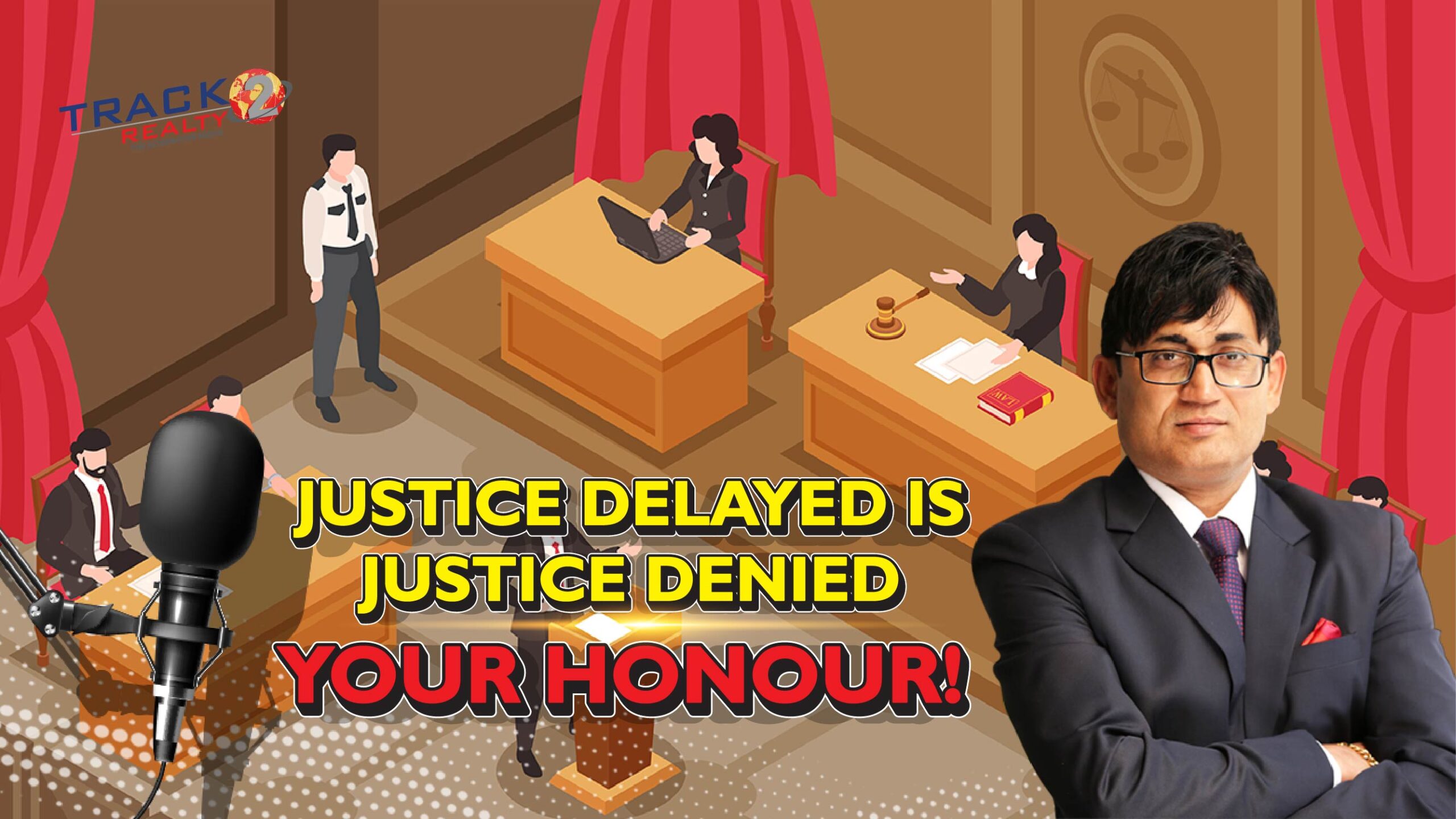By: Ravi Sinha
Track2Realty Exclusive
 Rakesh Jain booked a flat in one of the projects in Noida Extension. He paid to the developer all the savings from his hard-earned money and had everything in place-due diligence done through his lawyer and approved bank loan till the time the controversy on land acquisition made his plans go haywire. Following the Supreme Court verdict asking the developers to pay back the buyers’ money, he was told by the developer to shift in the alternative project at Raj Nagar Extension, Ghaziabad.
Rakesh Jain booked a flat in one of the projects in Noida Extension. He paid to the developer all the savings from his hard-earned money and had everything in place-due diligence done through his lawyer and approved bank loan till the time the controversy on land acquisition made his plans go haywire. Following the Supreme Court verdict asking the developers to pay back the buyers’ money, he was told by the developer to shift in the alternative project at Raj Nagar Extension, Ghaziabad.
This journalist working with a Noida-based television channel, however, is wondering whether he can travel to work from that far a place. Even asking for refund has its own pitfalls as developers have bought time in the name of asking legal opinion on how much interest rate to offer in refund since Supreme Court has only asked for appropriate interest to be given. Moreover, even if he gets his refund, a house anywhere in the Delhi-NCR region is not available in the given budget of Rs. 25 lakhs. Today he has a basic question –where has he gone wrong?
The affected developers at the Noida Extension assert that if a regulatory or a particular authority body is responsible for allotment of land to builders, then the builders have to trust and go by the verdict of the authority. This is a body set up by government to promote the development of the city, provides information about its various development schemes, projects etc.
The moot point here is what is the way out? Industry, therefore, seems to keep its fingers crossed. Sunil Dahiya, Managing Director of Vigneshwara Developers questions how long it will take to make a consensus of all stakeholders. “I am not sure how long will it take to arrive a consensus, when will it be passed as a law and what will happen to some of the contentious issues like Noida Extension till then,” he says.
R K Arora, CMD of Supertech, one of the worst affected developers in the land acquisition controversy at Noida Extension says, “All the land acquisitions are done by the Greater Noida Authority. The developers are allotted land on the basis of bidding; the bidders get the land on the basis of bidding based on the technical and financial qualification stated in the bidding document issued by Greater Noida Authority. Builder has the responsibility to develop the land allotted to them by authority on the basis bidding as per approved plan. Land acquisition from farmer is a function of Development authority only.”
The apex body of developers, CREDAI in its local chapter has now hired a law firm. However, there is a general feeling among the developers that in future they need a legal due diligence in all the land deals, including the government purchased land. However, Lalitkumar Jain, National President, CREDAI and CMD, Kumar Urban Development says CREDAI cannot involve in such issues where government is primarily responsible. In such cases where developers have bought land from government, they are the victims. CREDAI local chapters are involved in brainstorming to resolve issues.
Girija Prasad, CEO-India of REBI, the real estate services company categorically says despite the best of intentions, the devil lies in the implementation. At the heart of the new draft bill being worked out is a redefinition of “public purpose” so as to avoid questionable acquisition being thus justified, Noida Extension being the latest example.
“State governments have unfortunately used their powers to change the definition of public purpose. When it comes to land acquisition by private entities, Haryana officials admit that other than setting a base price level for different areas, the government has no role. Thus the poor and vulnerable have no “mai-baap” to protect them. On the other hand, as recent developments in Noida and Greater Noida show, even governments can be exploitative, with landowners/farmers given no say despite provisions under law,” he says.
The new draft land acquisition act has put further light on such issues and lower the chances of arbitration. The government has tried to address the politically sensitive issues of land acquisition and rehabilitation of affected people by shrinking the role of the state in acquisitions and offering compensation packages that reflect market rates to the dispossessed. However, since the way government calculates market prices based on recorded prices, even after the hike, the compensation would barely reflect the actual market prices.





